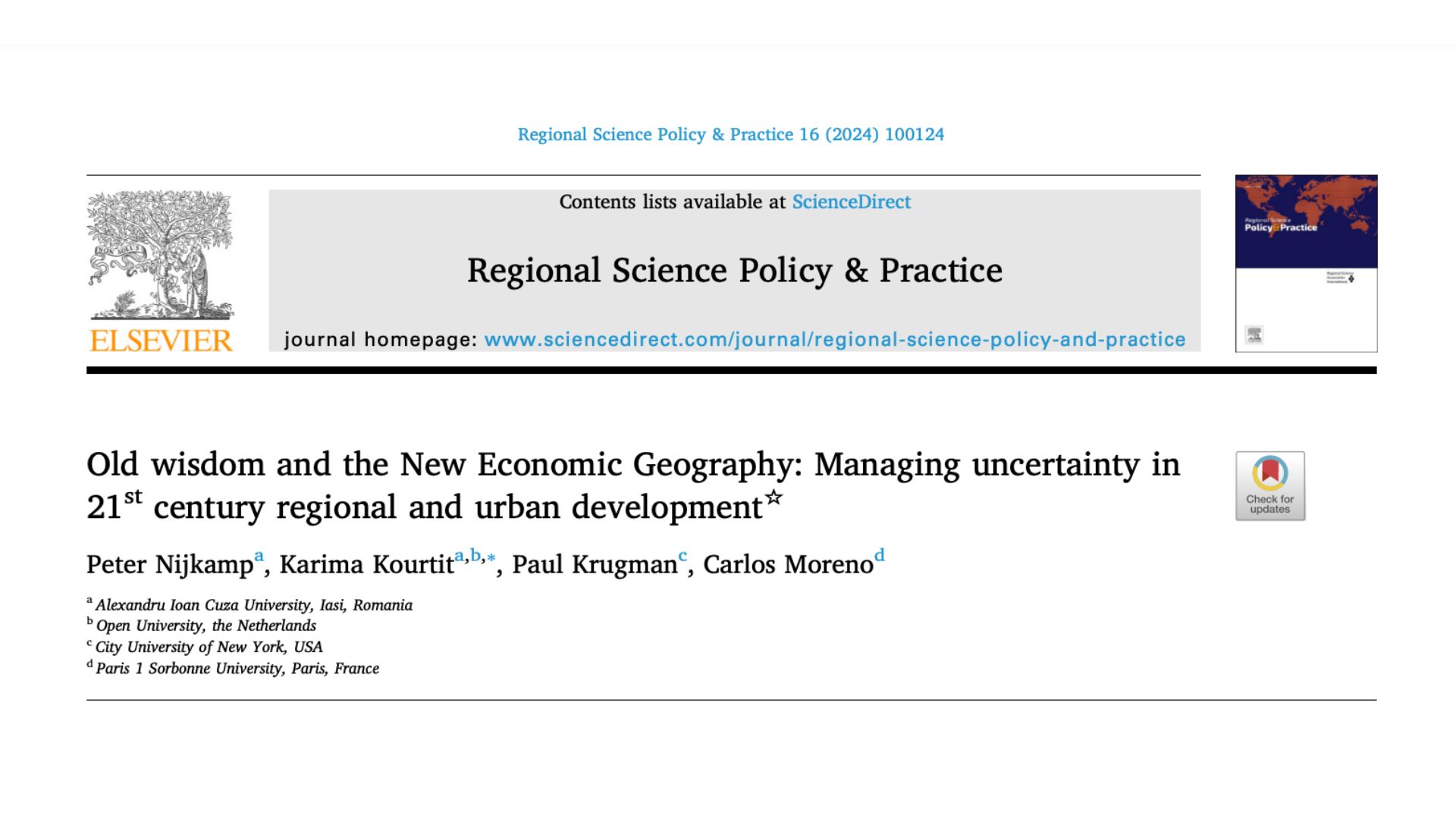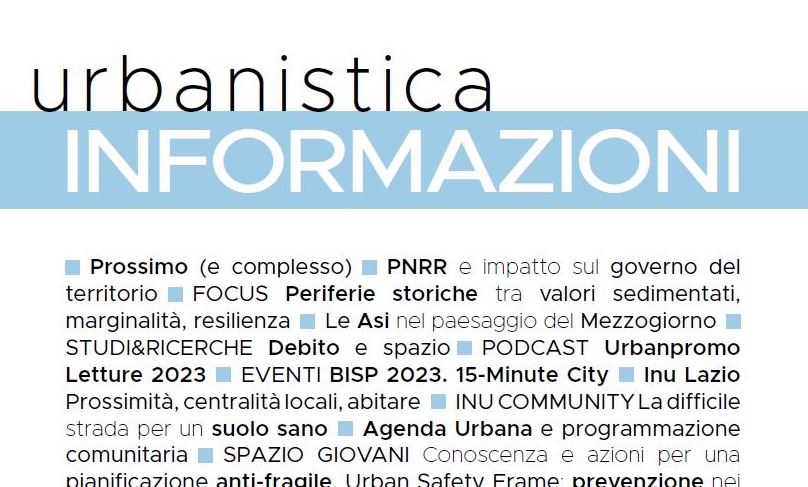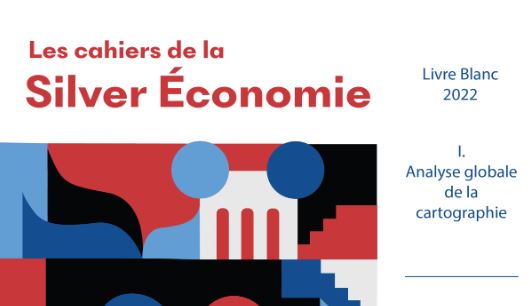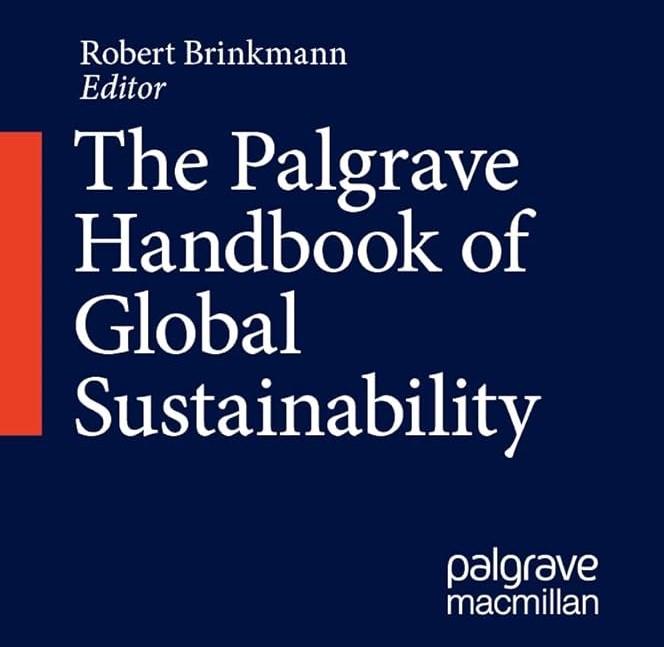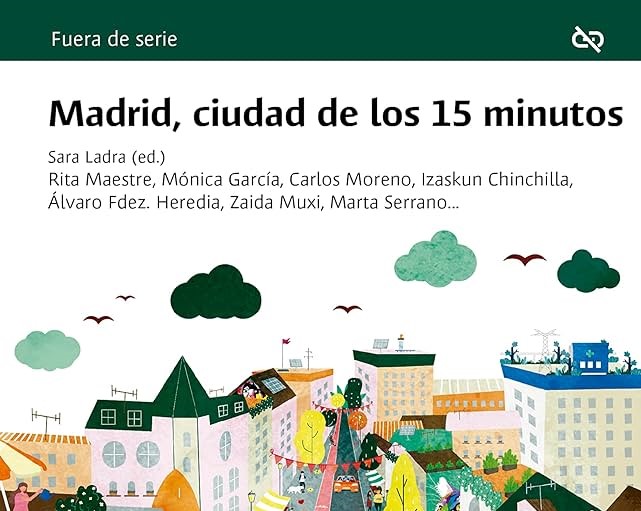PCA Stream 04 – The Paradoxes of the living in November 2017. While the first real experiences of smart cities, dead on arrival for the most part, have been bottomless money pits, Carlos Moreno, a researcher in the fields of complex systems, robotics, and artificial intelligence, contrasts this notion with a new vision of the “living city.” While he is aware of the importance of digital tools in the design and evolution of the urban fabric, he nevertheless criticizes the techno-centric and universalist dimension of the smart city, which erases the place of the living and its interactions, literally generating dead cities. The living city seeks to understand the other and the way that it interacts with its socio-territorial-urban environment. Technological but first and foremost human, the living city advocates relationships and exchange to bring forth new ideas and practices. It is a creative ecosystem not dictated by the vertical nature of technology or of architecture, but based on metabolic exchanges and citizens’ re-appropriation based on a DIY approach.
Stream PCA 04 – Les paradoxes de la vie en novembre 2017. Alors que les premières expériences réelles de villes intelligentes, pour la plupart avortées, ont été de véritables gouffres financiers, Carlos Moreno, chercheur dans les domaines des systèmes complexes, de la robotique et de l’intelligence artificielle, oppose cette notion à une nouvelle vision de la “ville vivante”. Bien qu’il soit conscient de l’importance des outils numériques dans la conception et l’évolution du tissu urbain, il critique néanmoins la dimension techno-centrée et universaliste de la ville intelligente, qui efface la place du vivant et de ses interactions, générant littéralement des villes mortes. La ville vivante cherche à comprendre l’autre et la manière dont il interagit avec son environnement socio-territorial-urbain. Technologique mais avant tout humaine, la ville vivante prône les relations et les échanges pour faire émerger de nouvelles idées et pratiques. C’est un écosystème créatif non dicté par la verticalité de la technologie ou de l’architecture, mais basé sur des échanges métaboliques et la réappropriation par les citoyens selon une approche de type “faites-le vous-même” (DIY).
Stream PCA 04 – Los Paradoxes de la vida en noviembre de 2017. Mientras que las primeras experiencias reales de ciudades inteligentes, en su mayoría fracasadas, se han convertido en pozos sin fondo en términos de recursos financieros, Carlos Moreno, un investigador en los campos de sistemas complejos, robótica e inteligencia artificial, contrasta esta noción con una nueva visión de la “ciudad viva”. Si bien es consciente de la importancia de las herramientas digitales en el diseño y la evolución del tejido urbano, critica la dimensión tecno-céntrica y universalista de la ciudad inteligente, que borra el lugar de lo vivo y sus interacciones, generando literalmente ciudades muertas. La ciudad viva busca comprender al otro y la forma en que interactúa con su entorno socio-territorial-urbano. Tecnológica, pero ante todo humana, la ciudad viva aboga por las relaciones y el intercambio para dar lugar a nuevas ideas y prácticas. Es un ecosistema creativo no dictado por la verticalidad de la tecnología o la arquitectura, sino basado en intercambios metabólicos y la reapropiación por parte de los ciudadanos, siguiendo un enfoque de “hazlo tú mismo” (DIY).
